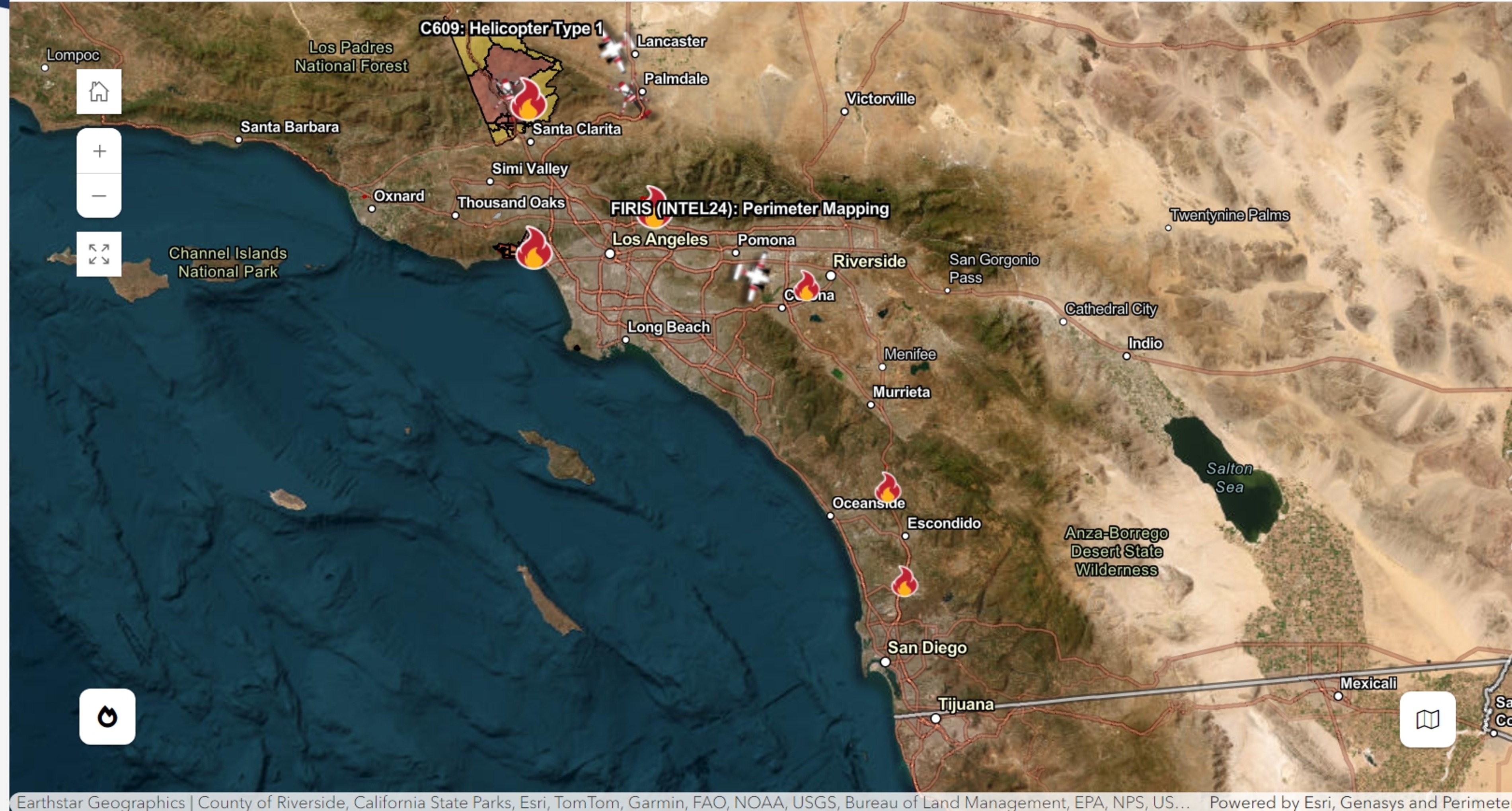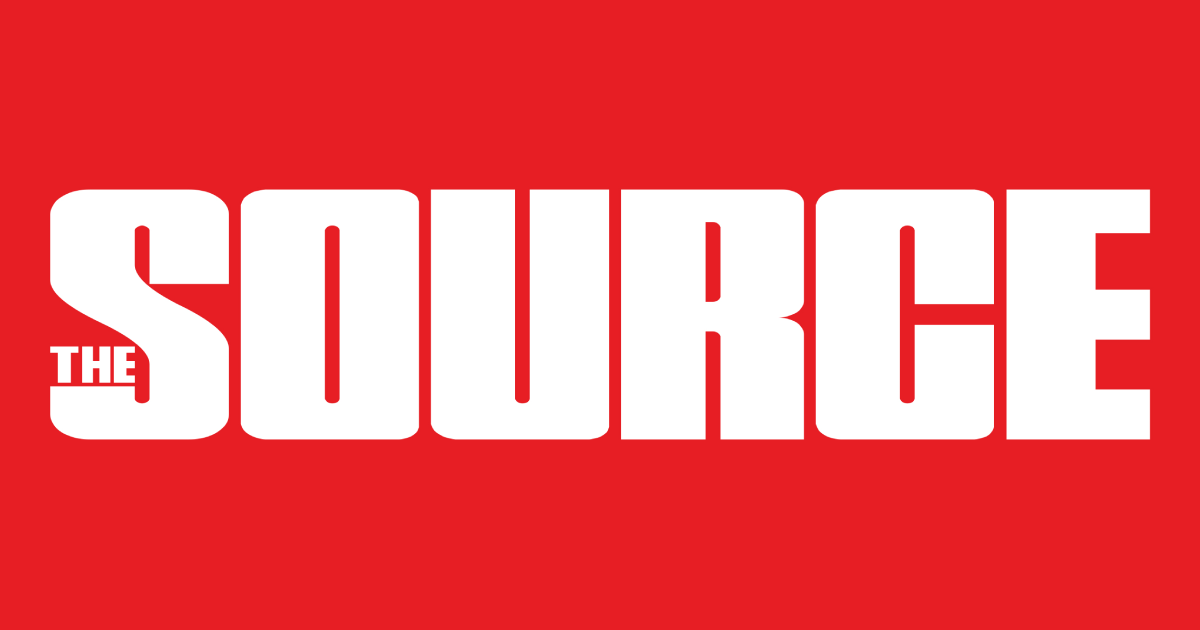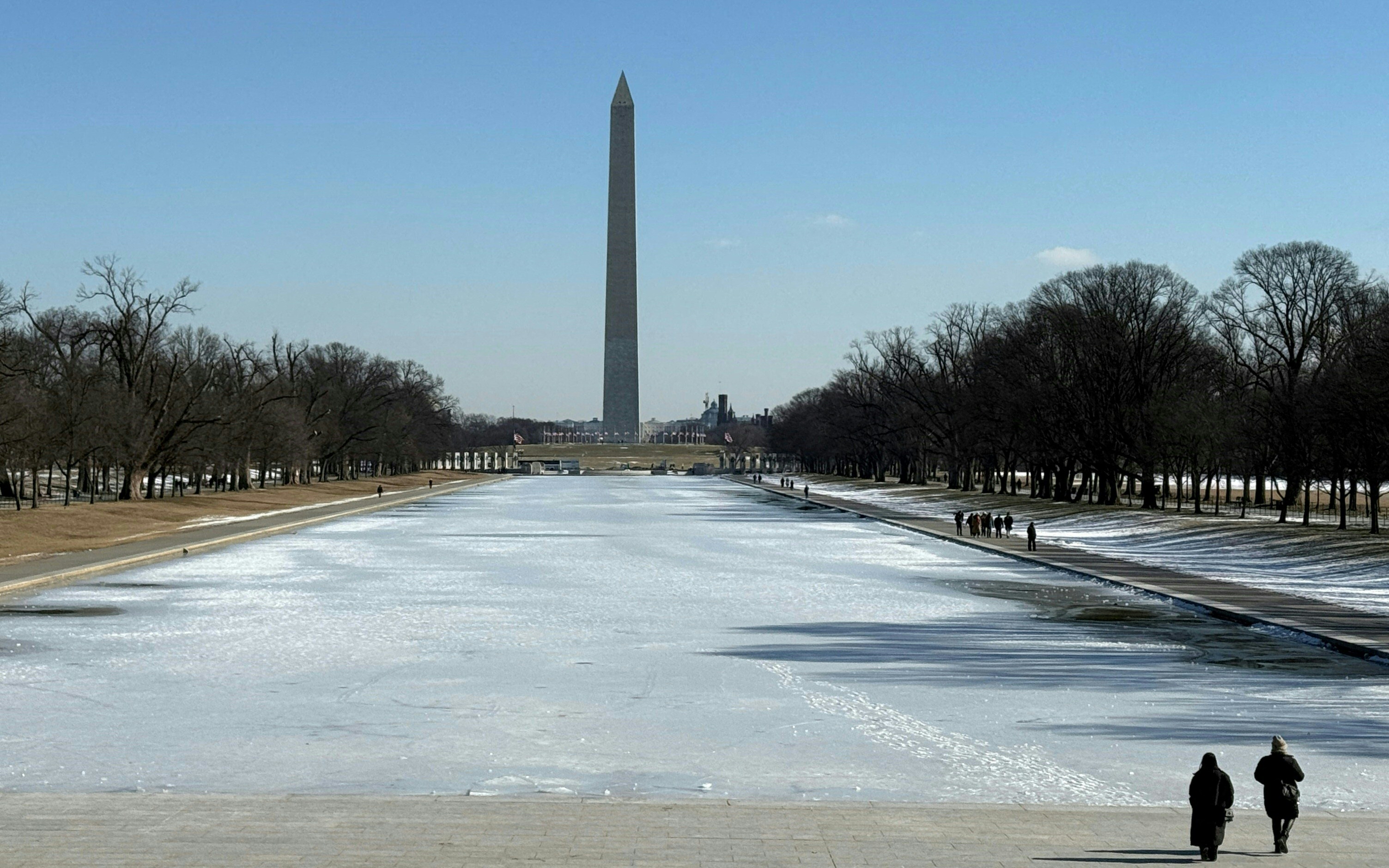Beijing has altered Secretary of State Marco Rubio's Chinese name, prompting questions over whether the Chinese Communist Party is dropping its sanctions against America's top diplomat.
Newsweek reached out to the U.S. State Department by email for comment.
Why It Matters
Rubio's appointment has widely been seen as a sign that President Donald Trump plans to maintain a hard line on China during his second term. One of the most outspoken China hawks in Washington, Rubio has introduced several bills targeting the Chinese Communist Party.
The then-Florida senator was sanctioned by Beijing twice in 2020—for sponsoring a bill sanctioning Xinjiang officials over their role in the repression of the Muslim Uyghur minority and for supporting Hong Kong democracy during Beijing's crackdown. The largely symbolic sanctions include a travel ban, which could present a diplomatic challenge for the Trump administration as it seeks to engage with Washington's geopolitical rival and third-largest trading partner.

What To Know
Last Thursday, when the Chinese Foreign Ministry was asked to address Rubio's statement that China had cheated and deceived its way to becoming a super power, it was noted that the transcript of the press briefing featured a subtle change.
The first character in Rubio's Chinese name, which spelled out phonetically is "Lu," was replaced with a character with the same sound but a different tone.
The two similar-sounding Chinese characters each have their own meanings, but none of particular significance when used to transliterate a foreign name.
When asked about the name change during the Foreign Ministry's regular press conference, spokesperson Mao Ning said Wednesday she was unaware of the development. "If you ask me, instead of how his name is translated in Chinese, it's his actual name in English that is more important," she said.
Mao declined to comment specifically on the sanctions against Rubio.
The alteration did not go unnoticed on Chinese social media. One user on the microblogging platform Weibo jested: "Rubio isn't coming. Rubio is coming."
"Why did Rubio, the anti-Chinese vanguard, change his Chinese name from Rubio to Rubio, which some people speculate is a sign of lifting sanctions? Sanctions must continue," wrote another.
What People Are Saying
Chinese Foreign Ministry spokesperson Mao Ning: "What I can tell you is that China's sanctions are aimed at the words and actions that harm China's legitimate rights and interests."
Chen Yulin, former political consul of the Chinese Consulate General in Sydney, Australia, told Radio Free Asia: "China's translations of important figures are determined through the translation offices of the Ministry of Foreign Affairs and the Xinhua News Agency, so obviously there was a lot of internal discussion about the name and a decision was made. Those bureaucrats, in order to save face for the Communist Party, have sanctioned the Rubio from before. That Rubio was the one sanctioned earlier, while this 'Rubio' is now the secretary of state [...] The Chinese Communist Party never admits its mistakes."
What Happens Next
It remains uncertain how China will approach the Rubio matter. Beijing has recently softened its rhetoric toward Washington amid Trump's threats of tariff hikes, calling for "win-win cooperation."
"We're going to have meetings and calls with President Xi [Jinping]," Trump said after a call with the Chinese leader on Friday.




















 English (US) ·
English (US) ·